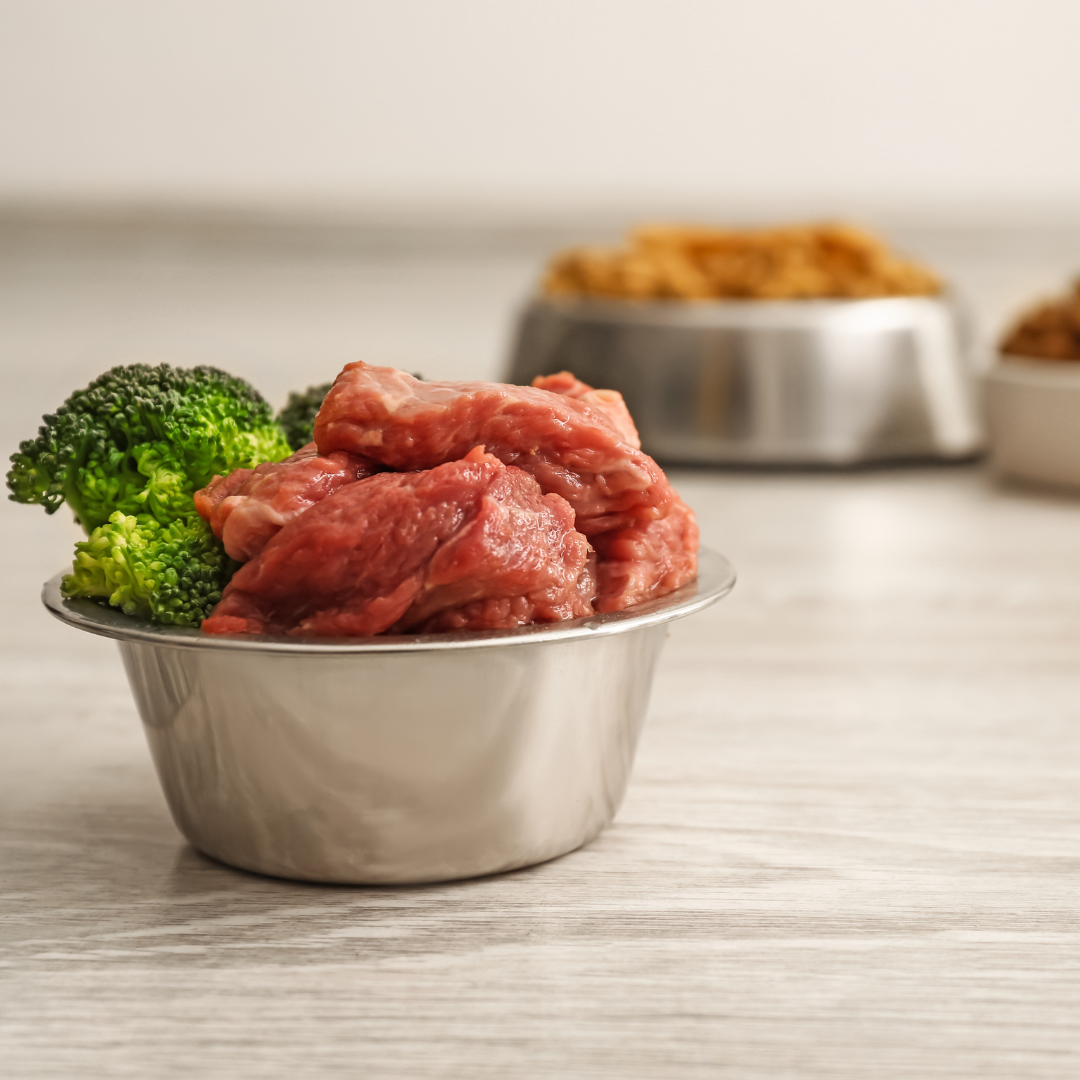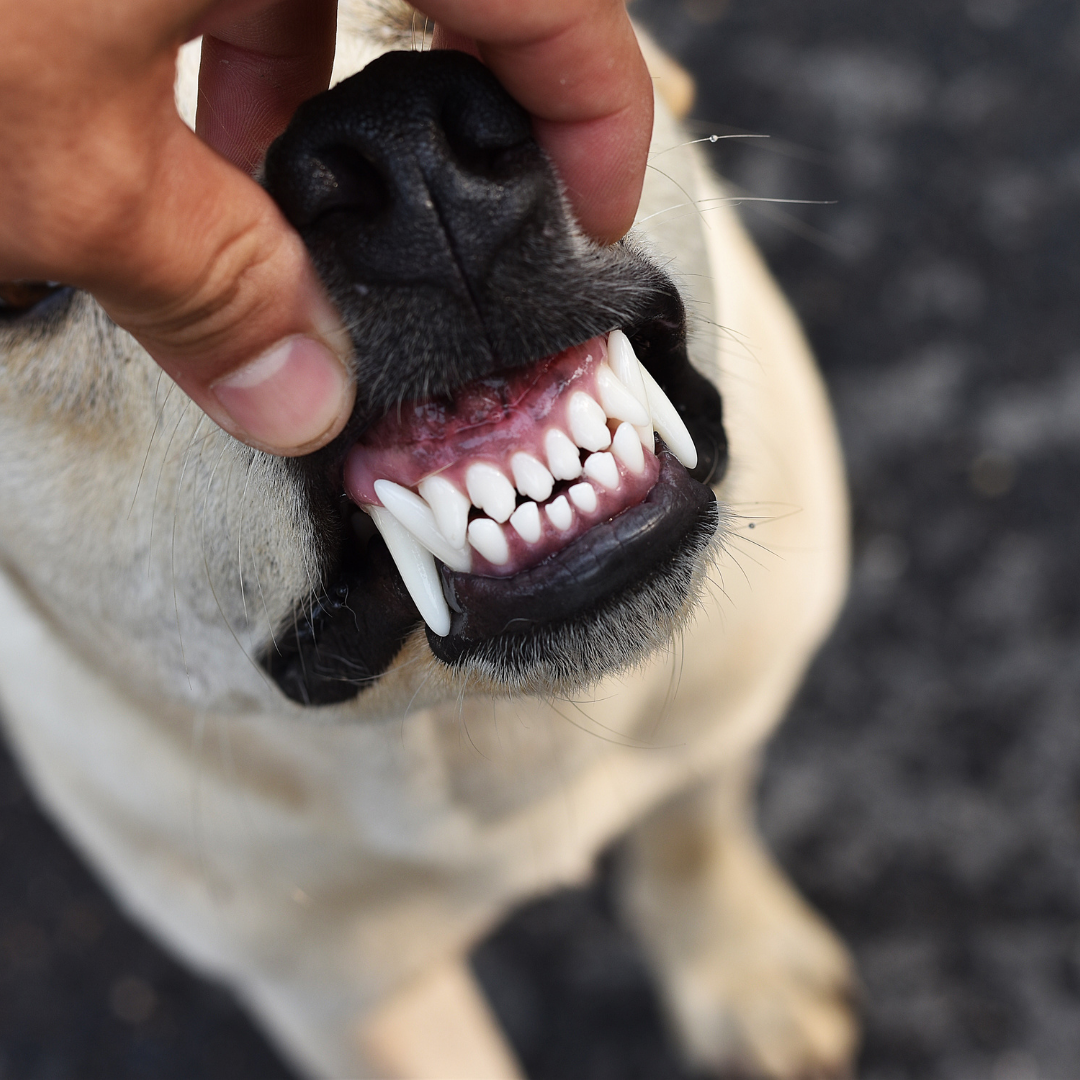Incorporating blueberries, eggshell membranes, broccoli, pumpkin, and fresh bones into a canine diet can significantly enhance its nutritional profile.
To enhance fresh, or commercially processed diets, the inclusion of specific functional foods can provide essential nutrients that support physiological functions and prevent nutritional deficiencies.
Incorporating diverse ingredients such as blueberries, eggshell membranes, broccoli, pumpkin, and fresh bones into canine diets can significantly enhance nutritional value and promote overall health. While we maintain that fresh is always best, the inclusion of these foods into processed diets can reduce the risk of oxidative stress that accompanies the consumption of these foods.
A study in sled dogs suggests that animals supplemented with blueberries are better protected against oxidative stress, which can help reduce the risk of common diseases including Cancer and Heart Disease (Dunlap et al. 2006). The phytochemicals, such as flavonoids and anthocyanins, contribute to cardiovascular health and cognitive function. Dogs will benefit from a small handful of blueberries added to their meal daily.
Rich in collagen, glucosamine, and chondroitin, the eggshell membrane is beneficial for joint health. Its inclusion can aid in maintaining connective tissue and support joint mobility in aging dogs. In a 2016 study, eggshell membrane supplementation rapidly improved the mobility and pain scores in dogs suffering from osteoarthritis in just one week, and “a profound chondroprotective (protection of articular cartilage) effect was demonstrated following 6 weeks of supplementation.” (Ruff, et al. 2016).
Broccoli offers high levels of fibre and is rich in vitamins C and K, enhancing immune response and contributing to bone health. The sulforaphane in broccoli also exhibits chemoprotective potential during cancer treatment and numerous studies demonstrate a link between cruciferous vegetable intake with a decreased incidence of cancer. Finely chopping the broccoli and allowing it to rest for ten minutes before serving increases the concentration of sulforaphane.
As a source of indigestible fibre, pumpkin aids in digestive health. It also provides essential vitamins like A, E, and C, crucial for maintaining vision, skin integrity, and immune function. If your pet is experiencing digestive upset, use mashed plain pumpkin alongside chicken or turkey in place of rice for better results.
Finally, raw bones are a natural source of calcium and phosphorus, vital for bone and dental health. Chewing bones also help in plaque removal and can prevent dental diseases (Marx, et al. 2016). In their 2016 study, Marx et al. administered fresh, meaty bones to Beagle Dogs and measured the reduction in calculus over 32 days. The study resulted in the reduction of plaque and tartar buildup by 87.8% after 20 days. When feeding fresh bones to dogs, always supervise, and only feed uncooked, non-weight bearing bones such as brisket, rib, neck, or tail. Your pet should be able to consume the entire bone within fifteen minutes, and anything left should be disposed of. Choose awkward shapes to prevent your pet from trying to swallow the bone whole.
Incorporating blueberries, eggshell membranes, broccoli, pumpkin, and fresh bones into a canine diet can significantly enhance its nutritional profile. Each ingredient serves specific health functions that support the well-being of dogs, making their inclusion a scientifically supported choice for a balanced diet.




